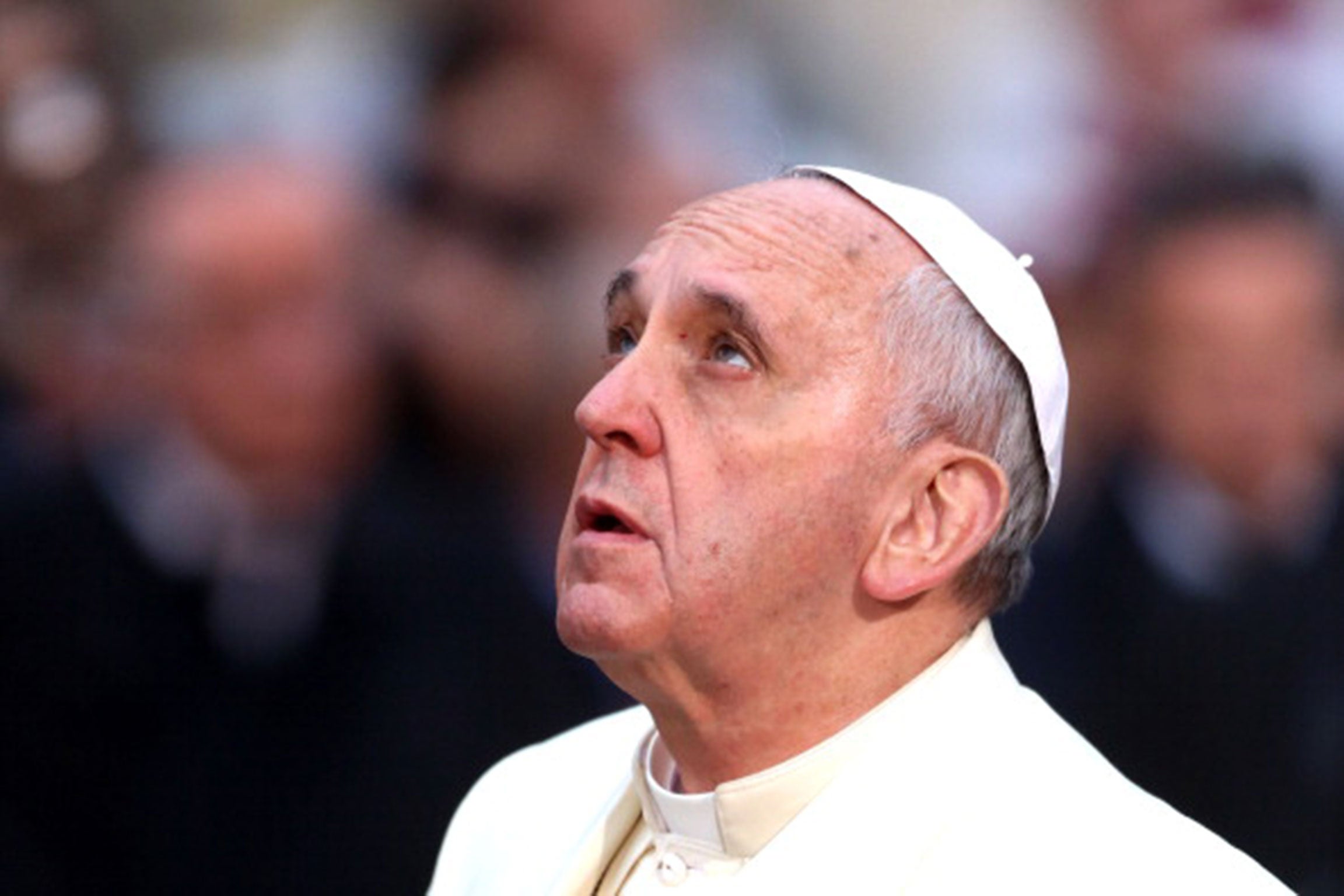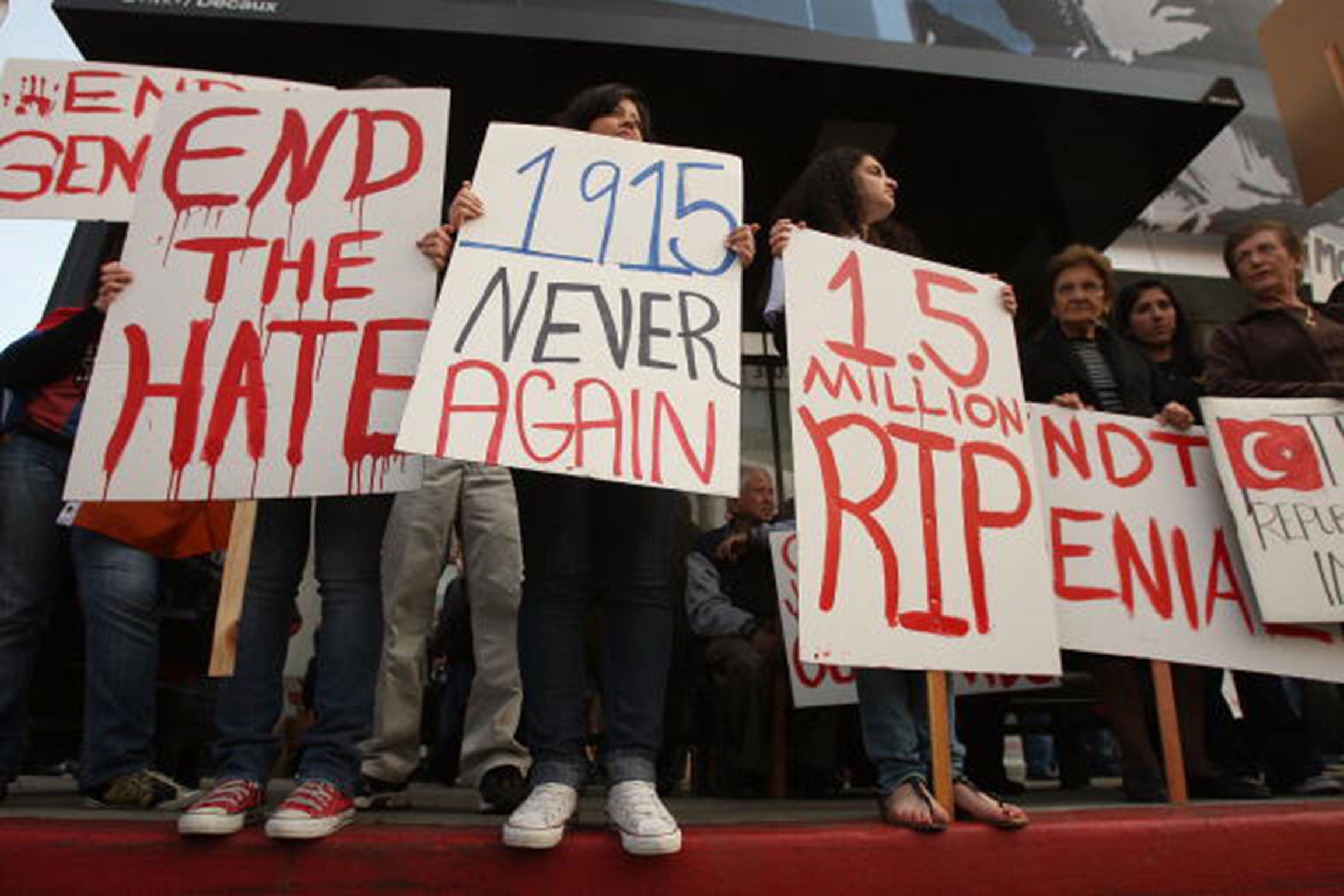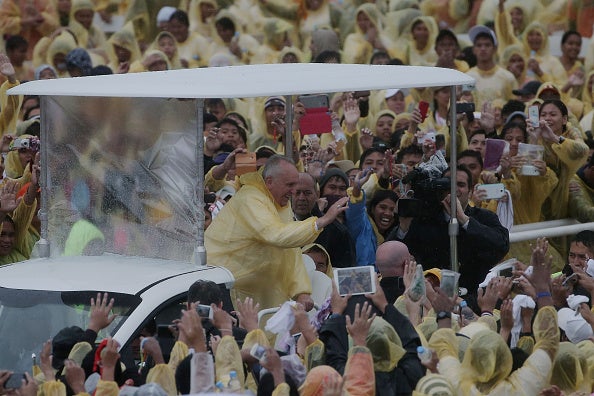Turkey outrage after Pope Francis describes Armenian mass killing by Ottoman soldiers as 'genocide'
Up to 1.5 million Armenians were killed by Ottoman Turks around the time of World War I

Your support helps us to tell the story
From reproductive rights to climate change to Big Tech, The Independent is on the ground when the story is developing. Whether it's investigating the financials of Elon Musk's pro-Trump PAC or producing our latest documentary, 'The A Word', which shines a light on the American women fighting for reproductive rights, we know how important it is to parse out the facts from the messaging.
At such a critical moment in US history, we need reporters on the ground. Your donation allows us to keep sending journalists to speak to both sides of the story.
The Independent is trusted by Americans across the entire political spectrum. And unlike many other quality news outlets, we choose not to lock Americans out of our reporting and analysis with paywalls. We believe quality journalism should be available to everyone, paid for by those who can afford it.
Your support makes all the difference.Pope Francis has called the killing of Armenians by the Ottoman Turks “the first genocide of the 20th century,” as media reports emerge that Turkish leaders tried to stop him saying it.
The Pope said it was his duty to honour the memory of the innocent men, women, children, priests and bishops who were "senselessly slaughtered" by Ottoman Turks in 1915.
"It is necessary, and indeed a duty, to honour their memory, for whenever memory fades, it means that evil allows wounds to fester. Concealing or denying evil is like allowing a wound to keep bleeding without bandaging it," he said at the start of a Sunday Mass in St. Peter's Basilica honouring the centenary.
The move comes after the Turkish media suggested that Turkey has been working behind the scenes to discourage Francis from using the term genocide at today's mass.
Turkish leaders have also allegedly led another campaign to stop the papal Mass being celebrated on the actual anniversary of the killings, 24 April.

The Pope has close ties to the Armenian community from his days in Argentina, and defended his pronouncement by citing the estimate made by historians that up to 1.5 million Armenians were killed by Ottoman Turks around the time of World War I, an event widely viewed by scholars as the first genocide of the 20th century.
Turkey, however, refuses to call it a genocide and has insisted that the toll has been inflated; Turkey's embassy to the Holy See cancelled a planned news conference later today.
The Armenians have been campaigning for greater recognition of the genocide in the lead-up to the centenary, which will be formally marked on 24 April.
Sunday's Mass was also celebrated by the Armenian Catholic patriarch, Nerses Bedros XIX Tarmouni, and was attended by Armenian Orthodox church leaders as well as Armenian President, Serzh Sargsyan.

Pope Francis honoured the Armenian community at the start of the Mass by pronouncing a 10th-century Armenian mystic, St. Gregory of Narek, a doctor of the church.
Additional reporting - PA/Reuters
Join our commenting forum
Join thought-provoking conversations, follow other Independent readers and see their replies
Comments